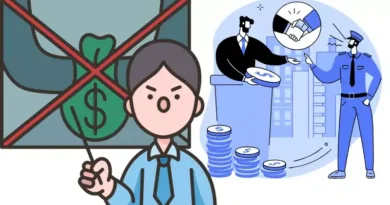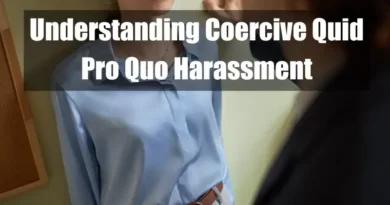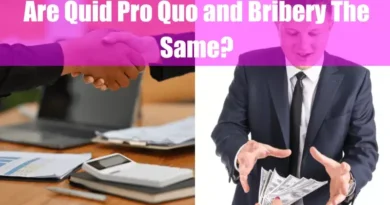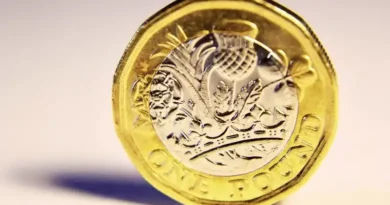There was No Quid Pro Quo: Do What Is Right
The phrase “no quid pro quo” became a prominent defense by Donald Trump and his supporters during the impeachment investigation to counter allegations of any improper exchange with Ukraine.
This defense was emphasized by Trump and aides, including then-Chief of Staff Mick Mulvaney, who publicly argued that U.S. aid to Ukraine was not explicitly tied to political investigations into Joe Biden or his family. However, Mulvaney briefly suggested that aid was paused partly to pressure Ukraine to cooperate on political issues, a statement he later walked back, leading to varied interpretations about whether aid conditions were implied.
Trump first referenced “no quid pro quo” in the context of a July 2019 phone call with Ukrainian President Volodymyr Zelensky, which sparked concerns that military aid could be linked to Ukraine’s cooperation in investigating Hunter Biden’s role with Burisma, a Ukrainian gas company. Although Trump denied any direct linkage, witness testimonies suggested differing interpretations.
During the impeachment hearings, Ambassador Gordon Sondland testified that there was indeed a “quid pro quo” involving a White House meeting while also noting that Trump had told him he wanted “nothing” from Ukraine. Sondland’s testimony, along with statements from other witnesses, highlighted a perceived transactional nature in some interactions, although the intent was debated.
While Trump’s team consistently denied a quid pro quo, investigations, including the House Intelligence Committee report, found that some officials perceived expectations for political investigations as connected to U.S. support for Ukraine. This alignment, which the impeachment inquiry found credible, suggested an overlap between U.S. aid and Trump’s political interests despite public denials.
Trump’s “no quid pro quo” narrative shaped his defense strategy and the public conversation, focusing on the lack of explicit conditions rather than addressing broader allegations of abuse of presidential power. Testimonies and documents presented during the hearings indicated that multiple White House officials believed U.S. aid was, to some degree, tied to Ukraine’s willingness to investigate Trump’s political opponents.
Several press sources, including NBC and CNN, noted that Trump’s repeated claim of “no quid pro quo” might have diverted attention from the core issue of his impeachment: the alleged abuse of power. Trump’s focus on denying a “quid pro quo” framed the public debate around transactional language rather than addressing whether his actions with Ukraine involved misusing presidential authority for personal political advantage.
Witnesses and documents in the impeachment proceedings further established that multiple White House officials perceived aid as conditioned on Ukraine’s willingness to investigate Trump’s political opponents.









